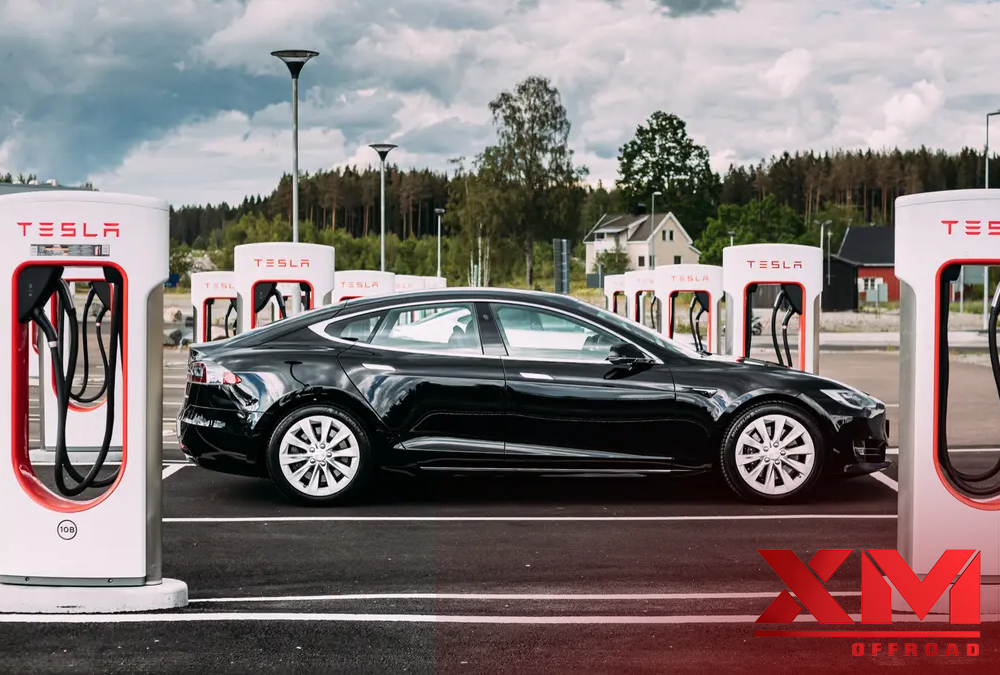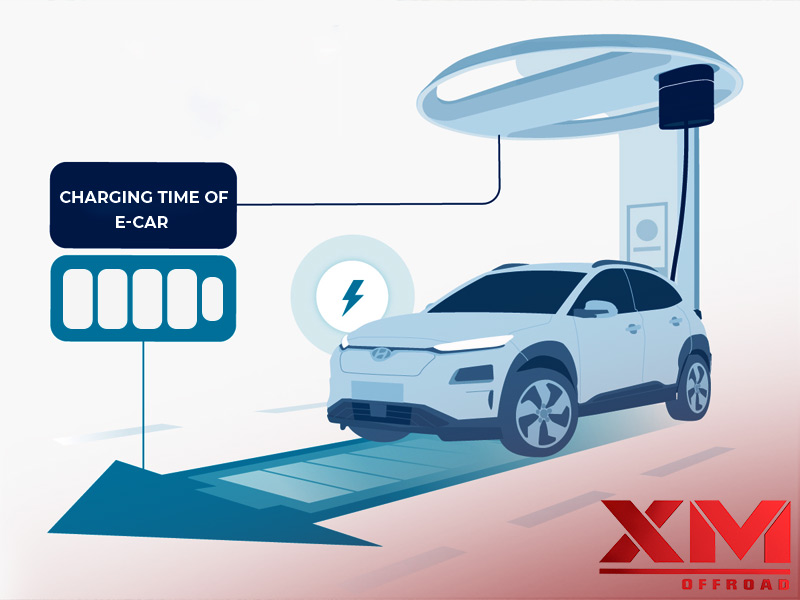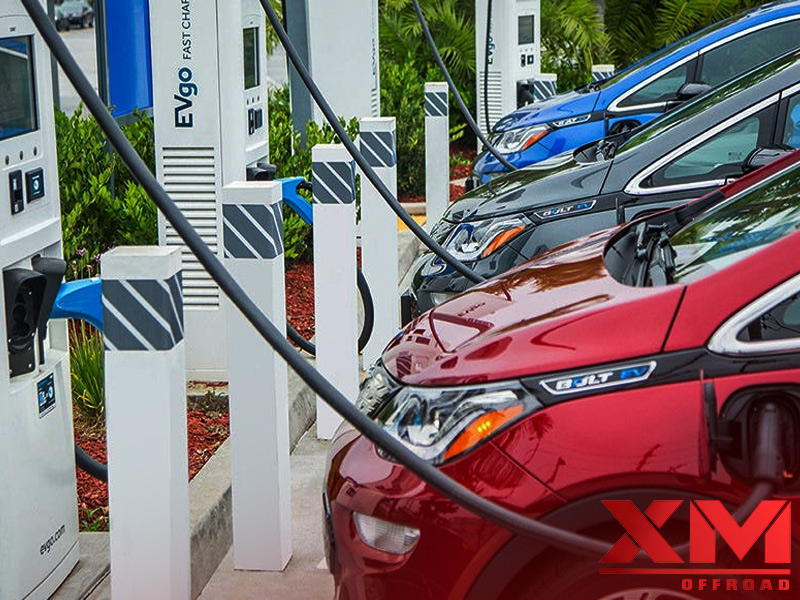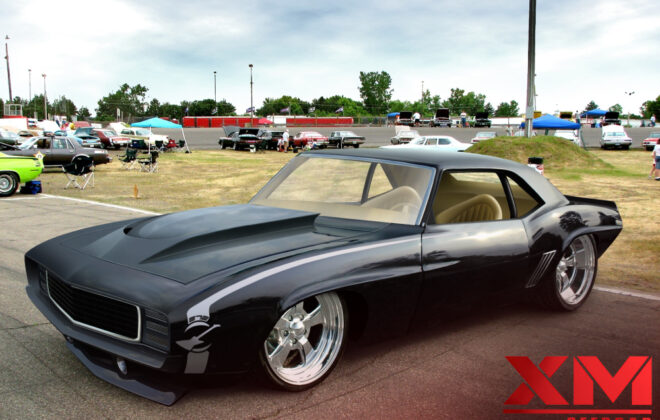
How Much Time Does an Electric Car Take to Charge?
Reducing pollution in the world today has become a major challenge for us. A new trend is using charging cars to reduce pollution and facilitate them. Not only are electric vehicles easy. They also have many advantages over gas users. It includes the fact that a gas vehicle has fewer moving parts. That is, it requires less maintenance than a normal car. A good electric car should last you at least 10 to 20 years. You have saved the planet from further catastrophe by saving it, but you have also saved cash by not having to put fuel in your ride, and long-lasting (like a plastic body) means it looks just like conventional vehicles. No maintenance is required. It is very easy to drive an electric car. As recharging stations become more popular, electric vehicles will become the preferred mode of travel in the next few years.
How long does it take to charge your electric car with varying power levels? Your experience may be a little different. For example, EVs might start to charge slower in cold weather or when the battery is nearing full (because of the possibility of heat-related issues). Then again, if it’s hot outside or your EV’s battery is warm from lots of driving, and you’re charging with a fast charger, this will increase your recharge time. In addition, if the battery has a very low charge left in it – and especially when using public DC fast chargers – this will also impact how long your vehicle takes to recharge.
1. Charging Levels
How quickly a fully electric vehicle can charge depends mostly on the source of power, often referred to as the charging speed. Currently, there are three available sources for recharging an EV. These are Level 1, Level 2, and DC Fast Charging (sometimes also referred to as Level 3). Tesla Supercharging is also considered DC fast charging.

2. Charging Time of an Electric Car?
Electric car charging times can vary depending on the vehicle and charger type you choose. The battery size in your vehicle will determine how long is needed to fully charge your electric car because bigger batteries probably mean longer charging times. However, if you want the convenience of using a variety of popular types of chargers, including one that can install at your home or various public locations, then make sure you do your research and make an informed selection decision!
A kWh is a measure of the amount of power a device uses. Because public electric car chargers can differ in their capacity, however, to understand which one is better for you the most, you have to check your car’s kW stat to see how much charge it needs per hour. Although charging time depends on many different factors like battery size and weather conditions. A 5kW charger would take 3 hours and 42 minutes to charge a 25kWh Tesla from zero to full. For example, if you connected an electric car with a 70kWh battery that needed 10 hours to charge from flat to full, 11 kWh (11x1kWh) makes up 70kWh – or half of what’s needed for 100% charge. The same goes for any matching figures – since 5kW chargers output 3.2 kWh per hour, a 40kWh battery needs two hours while also using 20% less electricity than it would with a more standard 7kW charger.
However, this figure assumes the battery is flat, which is unlikely to be the case. You also don’t need to charge your electric car to full capacity every time. It can cause myriad issues down the road and increase fuel use by encouraging more unnecessary charging when it’s not needed.
Read Also: Top 6 Benefits of Electric Cars
3. Can Charge at Home
Typically, charging your vehicle at home using a dedicated wall box will give you anywhere between 10 and 30 miles of extra range per hour. It varies depending on your local grid, type of wall box, and the model of electric car you have. For example, Tesla offers a 22kW home charger that gives a Model 3 40 miles of range per hour of charge.
You usually require a dedicated wall box to charge your electric vehicle overnight. It is typically the cheapest way to go about it. In addition to not having a constantly rising electricity bill and compared to ICE (internal combustion engine), charging an electric car usually sets you back around 17p per kWh. One must keep this in mind while comparing two cards of the same value but with different engines, petrol, and electrical modes.
4. How Much Does Car Charging Stations Cost to Use on Average?
To accurately determine the amount of money you’ll use when purchasing charging stations for your electric vehicle, you must think about the type of charger being used. As mentioned by 18 inch offroad wheels manufacturer, The more expensive chargers are quick and efficient while they cost a little more; however, they can charge cars in minutes compared to days or hours. On average, it costs anywhere between $0.30- $0.60 kWh to charge an electric vehicle, so if a small car were being charged, then it would cost roughly between $11.50 to $23, while a bigger or long-distance vehicle could cost between $22.50 to $45 to charge fully.

5. How Long Does It Take to Charge an Electric Car at a Public Charging Station?
There are three types of electricity charging stations so far, each with its strengths and weaknesses that may influence the price you would be willing to pay to charge your electric car.
· Level 1 Charger
what can use these chargers in your car’s garage while you are out and about. It will take anywhere between six to eight hours, depending on a few factors, including the charging station’s voltage capabilities. If you have a bit of time to spare, this would be a cheaper option because it is cheaper than having your car charged by an automotive service at home.
· Level 2 Charger
You can easily find these charger types anywhere in public. You should charge your car at a level 2 charger when it is 80% charged since it will charge at the same speed as a level 3 charger but at a lower price. Depending on the charging level, it will take between 5 and 12 hours to charge your car completely.
· Level 3 Charger
Compared to levels 2 and 1, these chargers are much more powerful. Charging at these stations takes less time, but not all cars can use them. Also, your car’s charge must be below 80% to be charged at these ports. When your vehicle reaches 80% of its charge, the car starts charging slower. The level 3 charger could charge your vehicle 7kWh in about fifteen minutes, covering forty-five kilometers.
Read Also: 6 Tips for Choosing the Right Automotive Lift
Final Words
EV charging costs depend on a few factors. Firstly, you’ve got to consider the type of EV charger you are using (level 2 or 3) and the timing before you re-fuel your car. The more people there are trying to recharge their EVs in public stations, the higher the fee. However, charging your car at home or in public stations depends on how much free time you have. Charging at home is often a priority for most EV owners as it allows them to save money by paying less per public charge session but offers less flexibility with schedules as compared to public charging locations which generally take a lot less time to charge an EV car but cost quite a bit more than home charging rates.




